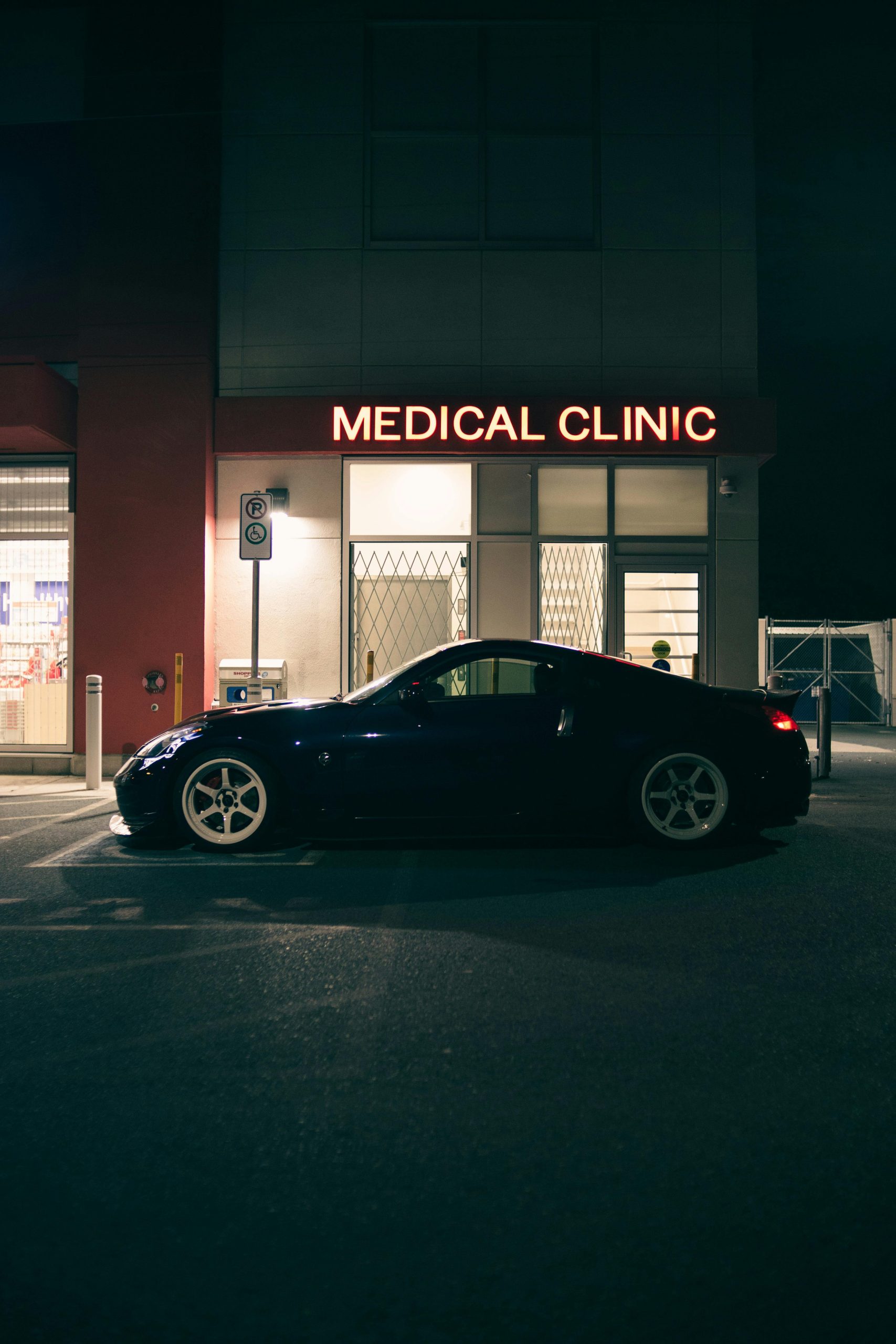Understanding Vehicle Collisions on Private Property: Insurance and Liability Considerations
Navigating a driveway collision involving two unoccupied vehicles can be complex, especially when determining responsibility and the appropriate insurance coverage. If you find yourself in a similar situation, understanding the nuances of homeowner and auto insurance policies is crucial.
Case Scenario: A Driveway Incident in a Suburban Setting
Imagine living in the Detroit metropolitan area and facing an unexpected incident: your parked 2017 Ford Expedition is gently struck by a vintage 1974 Ford F100 truck. The truck, belonging to your fiancé’s son—who is insured under his mother’s vehicle policy—was parked uphill from your car. After briefly exiting his vehicle, the truck unexpectedly rolled backward, causing damage to your SUV. All involved parties were present and witnesses confirm the truck was out of gear when it started rolling.
Damage Overview
Your Expedition has sustained significant damage, including a flat tire, bumper, headlights, and potential issues with aftermarket wheels, lifts, and suspension components. Estimated repair costs range between $12,000 and $14,000, well above your $1,000 deductible under your comprehensive auto insurance policy. Conversely, the son’s truck only has superficial scratches.
Liability and Insurance Implications
A key question arises: Is the driver at fault merely because he exited the vehicle? Typically, liability is assessed based on whether adequate precautions were taken to prevent unintended vehicle movement. In this scenario, the fact that the vehicle was out of gear and the driver was outside may influence fault determination, but the specific policies and local laws will ultimately guide liability.
Insurance Coverage Considerations
-
Auto Insurance: Since the damage to your vehicle exceeds your deductible, and the collision occurred on private property, auto insurance—particularly comprehensive coverage—may cover repairs. However, coverage specifics depend on policy details and whether the incident qualifies under “accidental damage.”
-
Homeowners Insurance: Generally, homeowners policies do not cover vehicle damage; however, in certain circumstances like damage on your property, there could be provisions or endorsements that may be relevant.
-
Liability and At-Fault Determinations: If the driver is found at fault, his insurance might be responsible for damages. Yet, if liability is ambiguous, or the incident is considered an accident beyond fault, coverage might not be straightforward.
Financial Considerations and Long-Term Impact
If the driver is held liable, this could impact his future insurance premiums—especially if he already has multiple at-f



